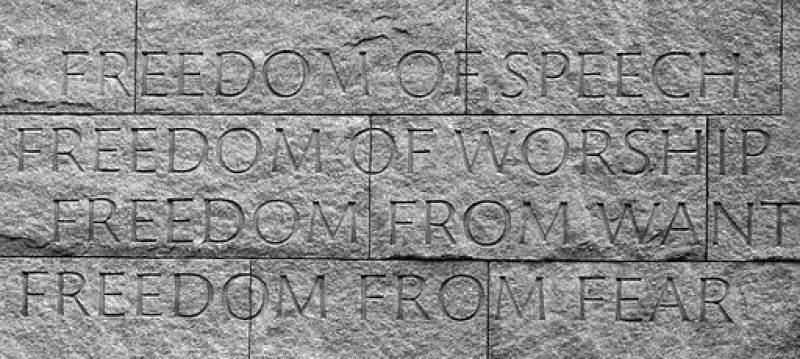

Human rights are crucial in preventing crises, according to Human Rights Watch executive director Kenneth Roth.
On Thursday, the Human Rights Watch published their 25th annual World Report for 2015. The report gives the status of human rights and the events around the world for the upcoming 2015 year.
The Human Rights Watch published research and summaries of human rights issues across the globe. From the abductions of women and children by Boko Haram militants in Nigeria, to allegations of torture carried out by the CIA in the United States, to Chinese government hostility towards activists, the report explains the need for human rights around the world.
Kenneth Roth, the Executive Director of Human Rights Watch, wrote an introductory essay to the report.
"The world has not seen this much tumult for a generation," began Roth. The director went on to briefly explain the crises as a result of Islamic extremism and the conflict between the Ukraine and Russia. These crises have lead to the abuse of human rights, and unnecessary damage and threat to civilians.
"Sometimes it can seem as if the world is unraveling," he wrote.
Most governments, according to Roth, have responded to these crises in an ineffective manner. Many countries, instead of protecting and advocating human rights and democracy, are pushing these issues aside in light of the conflicts.
"Many [governments] appear to have concluded that today's serious security threats must take precedence over human rights. In this difficult moment, they seem to argue, human rights must be put on the back burner, a luxury for less trying times."
Roth explained the importance of human rights, and the necessity of human rights in establishing stable states and alleviating crises. "Subordination of human rights is not only wrong, but also shortsighted and counterproductive," he wrote. Roth argues that human rights violations are key to solving crises because they allow the public opinion to influence political direction. Further, the absence of these attributes plays "a major role in spawning or aggravating most of today's crises."
"Human rights are not just arbitrary restraints on governments. They reflect fundamental values, widely shared and deeply held, imposing limits on the power of governments and essential safeguards for human dignity and autonomy," wrote Roth.
Policymakers, according to Roth, mustn't forget the importance of human rights, but must utilize them as "moral guides as well as legal obligations."



















